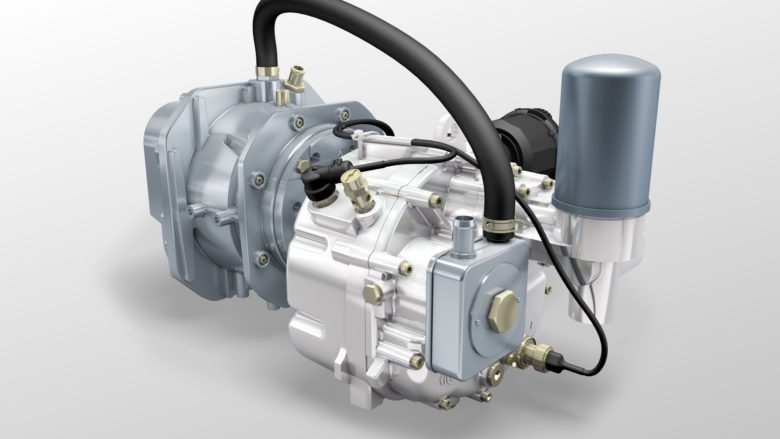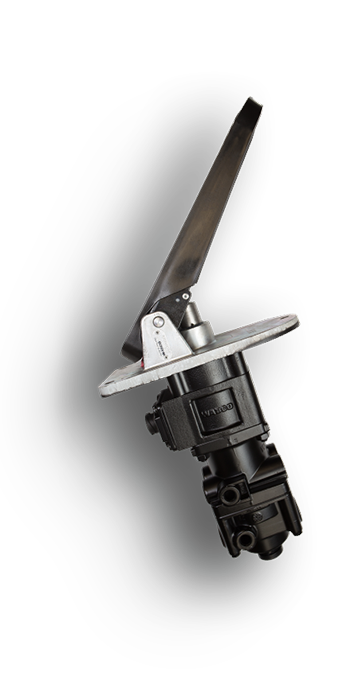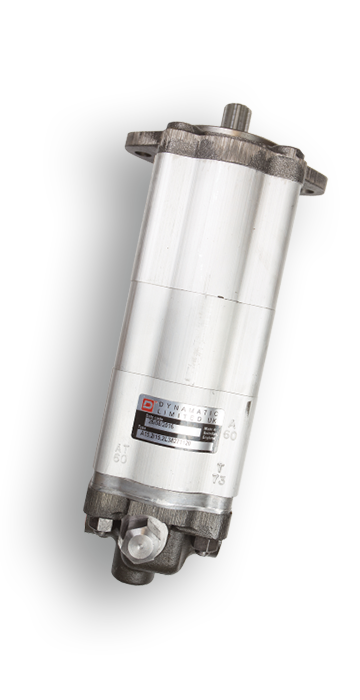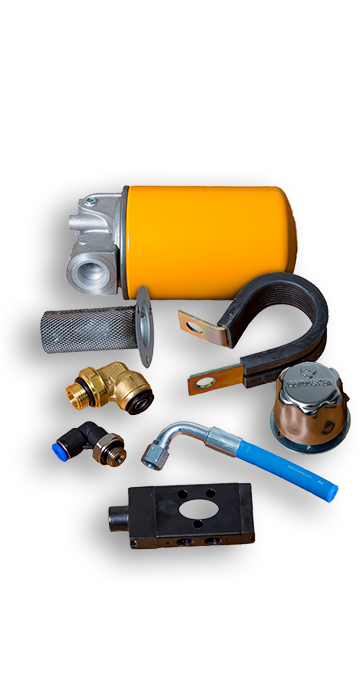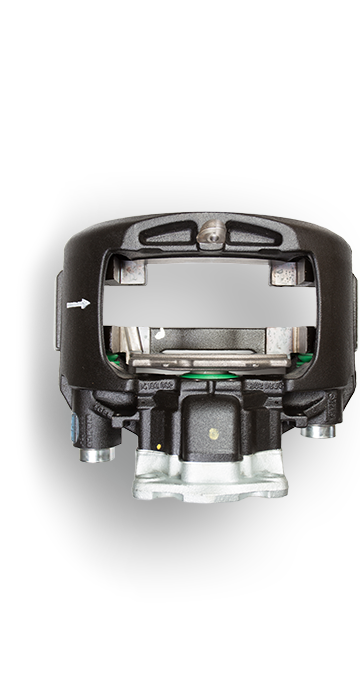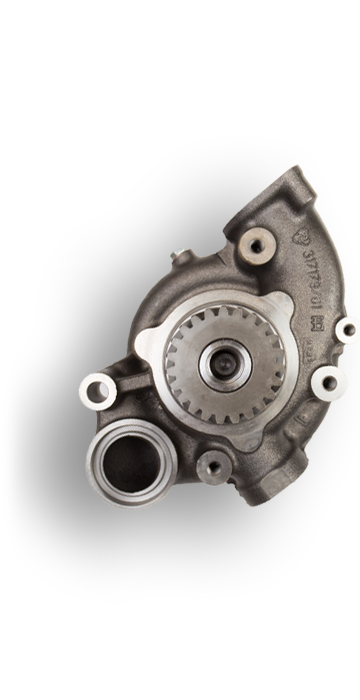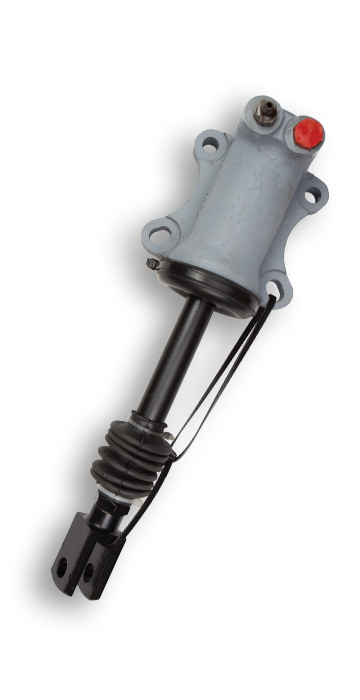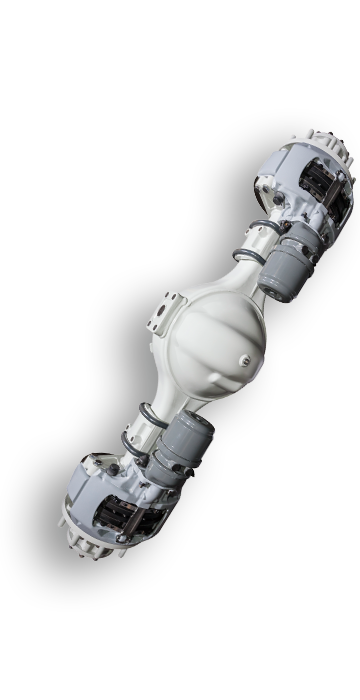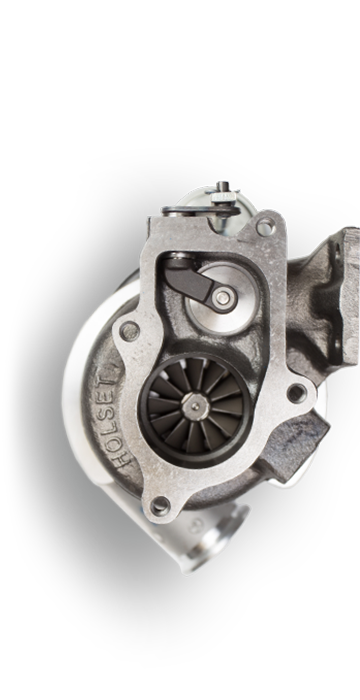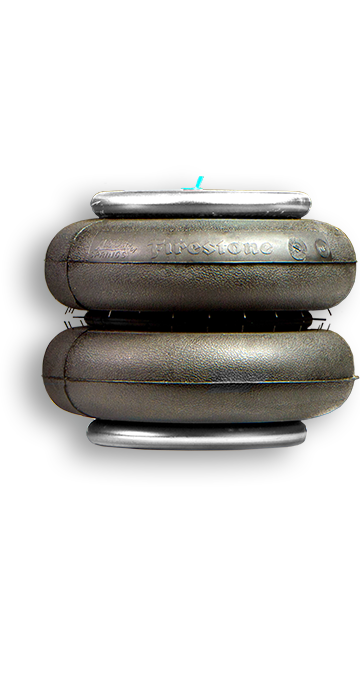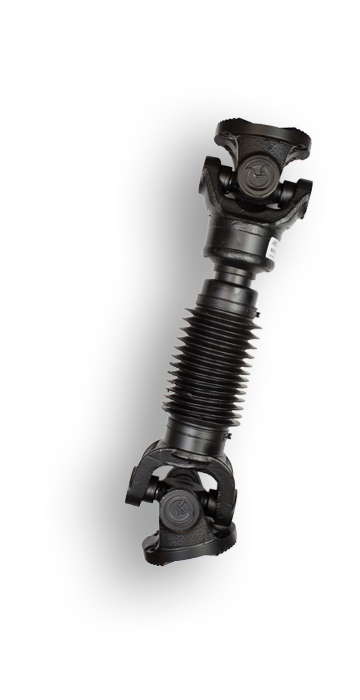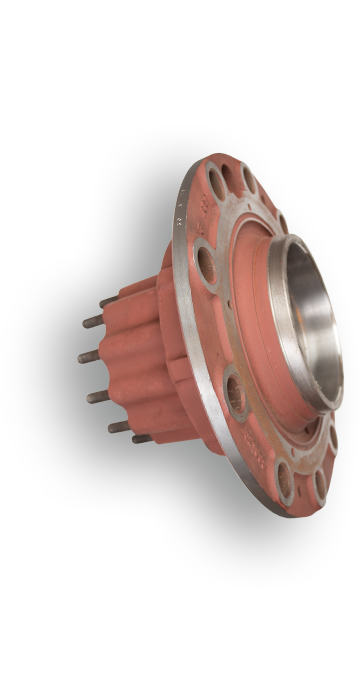In our latest technical maintenance feature with Route One magazine, we look at the importance of compressor servicing, as part of managing overall maintenance costs effectively.
Alternatively fuelled buses are here to stay as operators strive to meet increasingly stringent environmental controls. This has led to several bus companies running alternatively fuelled vehicles, as well as trialling various powertrain options such as full electric, hydrogen and hybrid. Out of these, hybrid buses have already become a familiar sight in city centres, thanks to two popular manufacturers introducing double-deck hybrid buses five years ago.
Whilst a conventional diesel and a hybrid bus might look similar, they can be fundamentally different when it comes to producing compressed air. While diesel-powered buses use engine-driven compressors, some hybrids employ standalone electrically driven compressors to supply a constant and stable compressed air supply. Originally developed for the rail industry, two hybrid bus manufacturers use electric compressors. Although sourced from different suppliers, they utilise very similar technologies.
Because diesel driven compressors are attached to the engine and lubricated by the engine’s oil circuit, they require minimal maintenance and are designed to provide an average service life of five years, subject to factors such as the duty cycle and operating conditions. When a new conventional compressor is required, the replacement cost is around £500, depending on the make and model of the vehicle. In comparison, standalone electrically driven compressors have their own dedicated lubrication system, featuring special compressor oil and filters. These can cost up to ten times more than their conventional counterparts to replace.
As a result, maximising the service life of electric compressors has become an important issue for operators. Investigations carried out by Imperial Engineering have found that major contributors to component failure are excessive oil carry, resulting in leaks and dirt ingress into the compressor’s drive motor. This causes bearing failure, which leads to the compressor running very hot and ultimately failing.
To address this problem, Imperial Engineering recommends that operators inspect and service electric compressors on a regular basis, in line with manufacturer guidelines. For example, Knorr-Bremse screw type compressors (pictured) require servicing every 1,500 hours, while many are only being serviced annually and may have been running for 4,000 hours in the same year, covering around 90,000 kilometres during the same period.
Imperial Engineering has a wealth of compressor system knowledge and is pleased to support operators with technical advice and guidance. For further information call 01992 634255 or email enquiries@imperialengineering.co.uk
